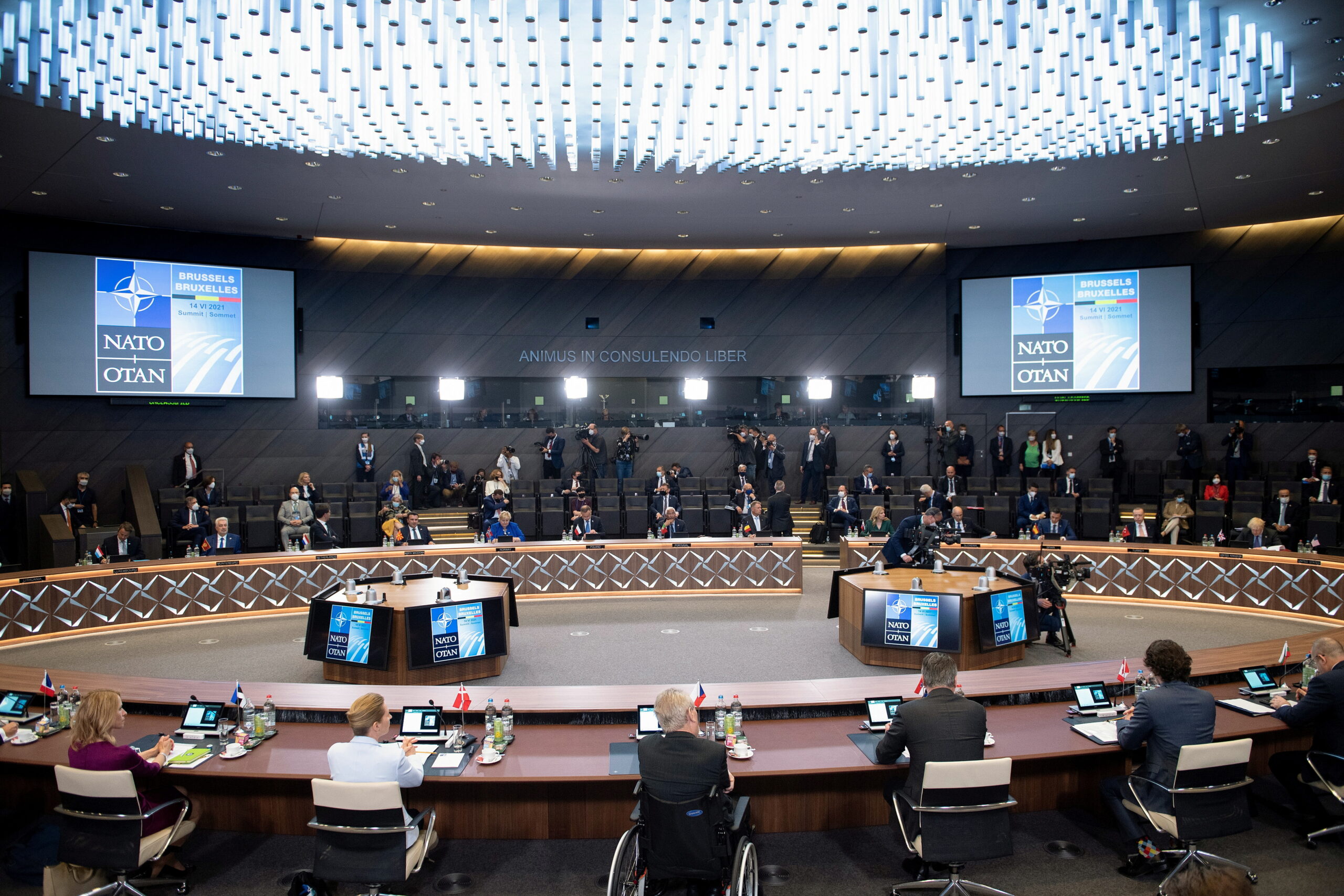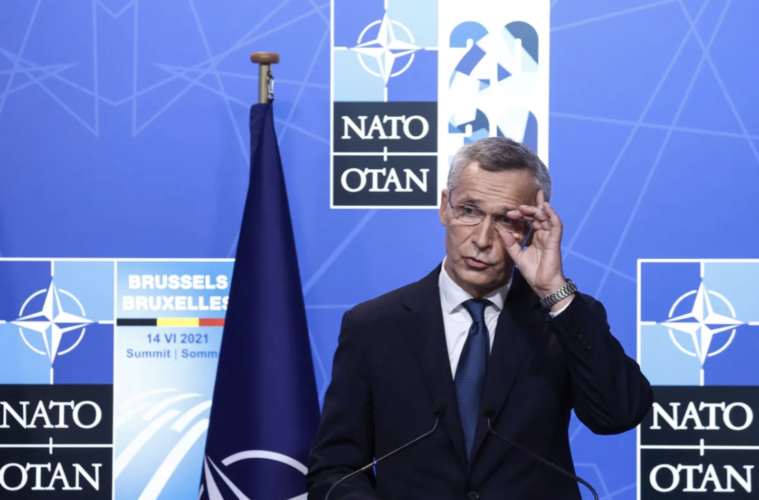Beijing has accused NATO of exaggerating “China threat theory” and creating confrontations after the Western alliance vowed to take on the country for the first time on Monday.
NATO leaders said they would work together to counter the “systemic challenge” posed by Beijing’s policies. Meanwhile, US President Joe Biden renewed Washington’s transatlantic ties at his first summit with the allies.
In a broad statement of intent, the leaders said China’s increasingly assertive actions in building a nuclear arsenal and space and cyber warfare capabilities threatened the international order.
But in an angry response, a statement from the Chinese mission to the European Union called for NATO to view China’s development rationally. They said to stop exaggerating various forms of “China threat theory” and to not use China’s legitimate interests and legal rights as excuses for manipulating group politics.
It added that NATO’s accusations were a “slander of China’s peaceful development, a misjudgement of the international situation and its own role, and it is the continuation of a Cold War mentality and the group’s political psychology at work”.

Photo: Brendan Smialowski/Pool via REUTERS
Military tensions have increased over the past year between China and rival powers including the United States and India, with flashpoints like the Himalayan border, Taiwan and the South China Sea.
China’s military budget (the second largest in the world after the US)- is set to increase by 6.8% in 2021.
Beijing has also poured billions into its space programme in a bid to make up ground on pioneers.
Accusations Towards China
NATO Secretary-General, Jens Stoltenberg, said the allies would seek to cooperate with China on global issues like climate change – but decried Beijing’s increasingly assertive stance on other issues.
In the summit statement, the leaders said that China’s goals and “assertive behaviour present systemic challenges to the rules-based international order and areas relevant to alliance security”.
The warning comes as President Joe Biden has stepped up his effort to rally allies to speak in a more unified voice about China’s human rights record. As well as its trade practices and its military’s increasingly assertive behaviour that has unnerved US allies in the Pacific.
While the 30 heads of state and government avoided calling China a rival, they expressed concern about what they said were its “coercive policies”. Also, the opaque ways it is modernizing its armed forces and its use of disinformation.
They called on Beijing to uphold its international commitments and to act responsibly in the international system.
President Biden, who arrived at the summit after three days of consulting with G7 allies in England, pushed for the G7 communique. It called out forced labour practices and other human rights violations affecting Uighur Muslims and other ethnic minorities in the western Xinjiang province.
The president said he was satisfied with the communique. Although differences remain among the allies about how forcefully to criticize Beijing.


